
Was ist der Unterschied zwischen einem Solarmodul und einem Set?
As global efforts to embrace renewable energy continue to gain momentum, the increasing popularity of solar technology is giving rise to new and innovative solutions. Solar panels and Solar Kits are rapidly gaining traction as viable options among homeowners and businesses alike. However, despite their similar name, these two technologies are vastly different in terms of functionality and purpose. Here, we unravel the differences between a solar panel and a Solar Kit and examine the key features of each technology.
The Solar Panel
At its core, a solar panel is a device that converts sunlight into electricity using photovoltaic cells. These cells are typically made of silicon and other materials, and when exposed to sunlight, they generate an electric current. Solar panels are typically installed on rooftops to maximize exposure to sunlight, and they generate DC electricity, which is then converted into AC electricity using an inverter.
While the basic technology behind solar panels has been around for decades, advancements in design and manufacturing have made them significantly more efficient and affordable in recent years. In fact, solar panel prices have dropped by more than 70% since 2010, according to the International Energy Agency (IEA). This has made solar technology more accessible to a wider range of consumers and businesses, leading to a surge in demand for solar panels around the world.
One of the advantages of solar panels is their durability and low maintenance requirements. They are built to withstand harsh environmental conditions, such as wind, rain, and snow, and require little-to-no maintenance over their lifetime. This makes them a great option for those who want a long-term, low-cost solution for generating their own electricity.
The Solar Kit
On the other hand, a Solar Kit is a complete package that usually includes several components, including solar panels, micro inverters, mounting hardware, and other required components. Plug & Play Solar Kits are designed to provide a complete solution for generating and storing solar energy, which makes them a great choice for those who are new to solar technology or those who want a comprehensive solution that is easy to set up.
One of the key advantages of a Solar Kit is that it is pre-engineered, which means that all the components are designed to work together seamlessly. This ensures that the kit delivers maximum efficiency and reliability, while also simplifying the installation process. As a result, Solar Kits have become increasingly popular among homeowners who want to install a solar system on their own. Here is a video to show you how they work.
These game-changer kits also include a notorious advantage which is their flexibility of installation. Thanks to their different mountings, Solar Kits can be installed on balconies, flat roofs, walls, gardens, and pergolas. So it is no longer necessary to have a roof to be able to produce solar energy.
Moreover, Solar Kits offer a variety of options in terms of system size and capacity, making them a flexible solution for different energy needs. For instance, a smaller solar kit may be suitable for a home of 1 or 2 people, while a larger kit may be more appropriate for households with 3 or more people living. To know which kit is the right for you you can click here.
Which One to Choose?
Choosing between a solar panel and a Solar Kit ultimately depends on your individual needs and requirements. While a solar panel may be a better option if you already have experience with solar technology and want to build a custom system, a Solar Kit may be a better choice if you want a comprehensive, turnkey solution that is easy to set up and operate. If you want to start producing your own solar energy in an easy and rapid way, Solar Kits may be the solution you are looking for.
Regardless of which option you choose, it is clear that solar technology is here to stay and will only continue to grow in importance as the world seeks to reduce its dependence on fossil fuels. According to the IEA, solar power is the fastest-growing source of renewable energy in the world, with the amount of installed solar capacity increasing by more than 30% each year.
As the world continues to grapple with the challenges of climate change and the need to transition to a low-carbon economy, solar technology holds immense potential to help us meet these goals. With advances in design and manufacturing driving down costs and improving efficiency, now is the perfect time to consider solar technology for your home or business and contribute to the global effort to reduce greenhouse gas emissions.
With Robinsun, save the planet and your wallet.

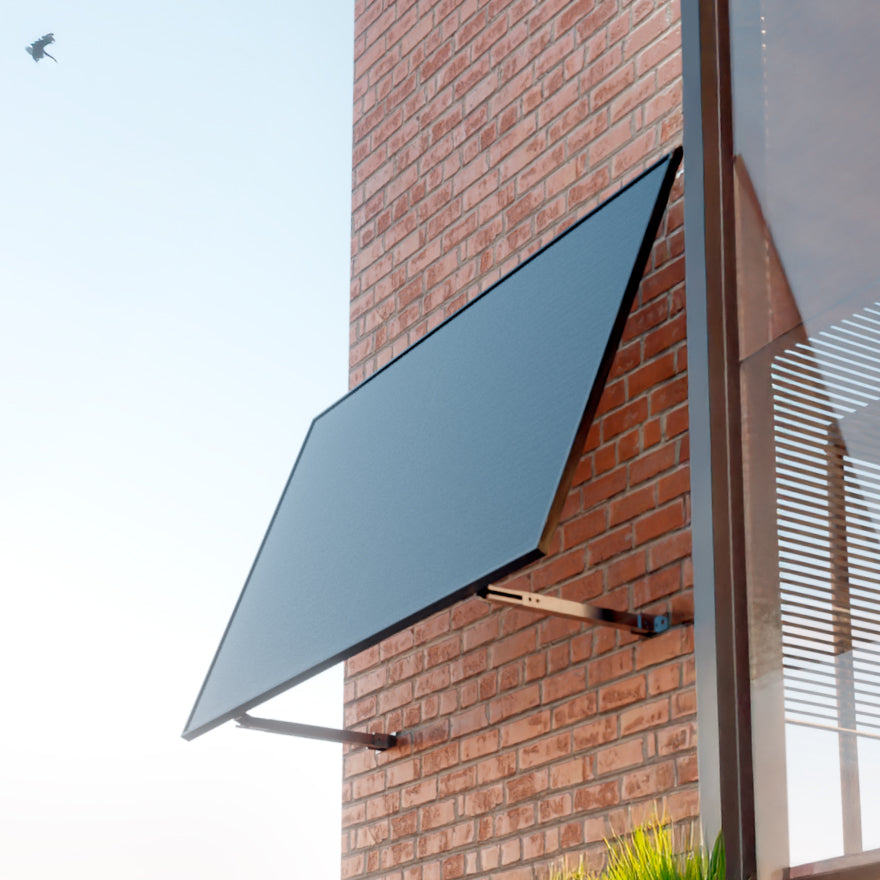
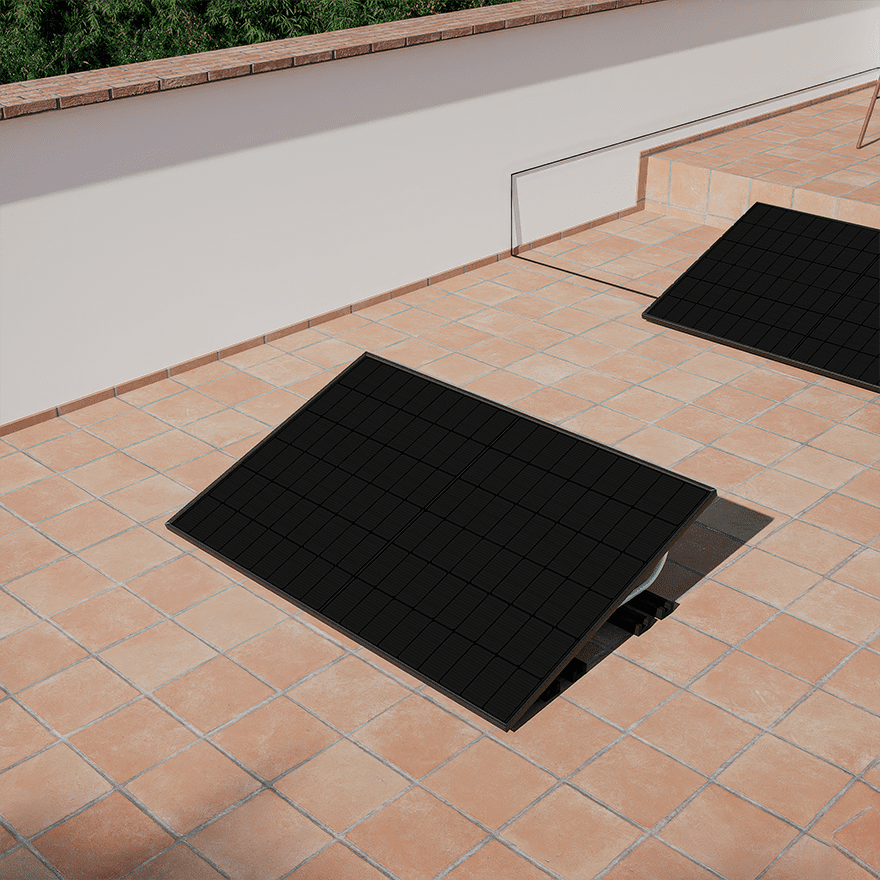
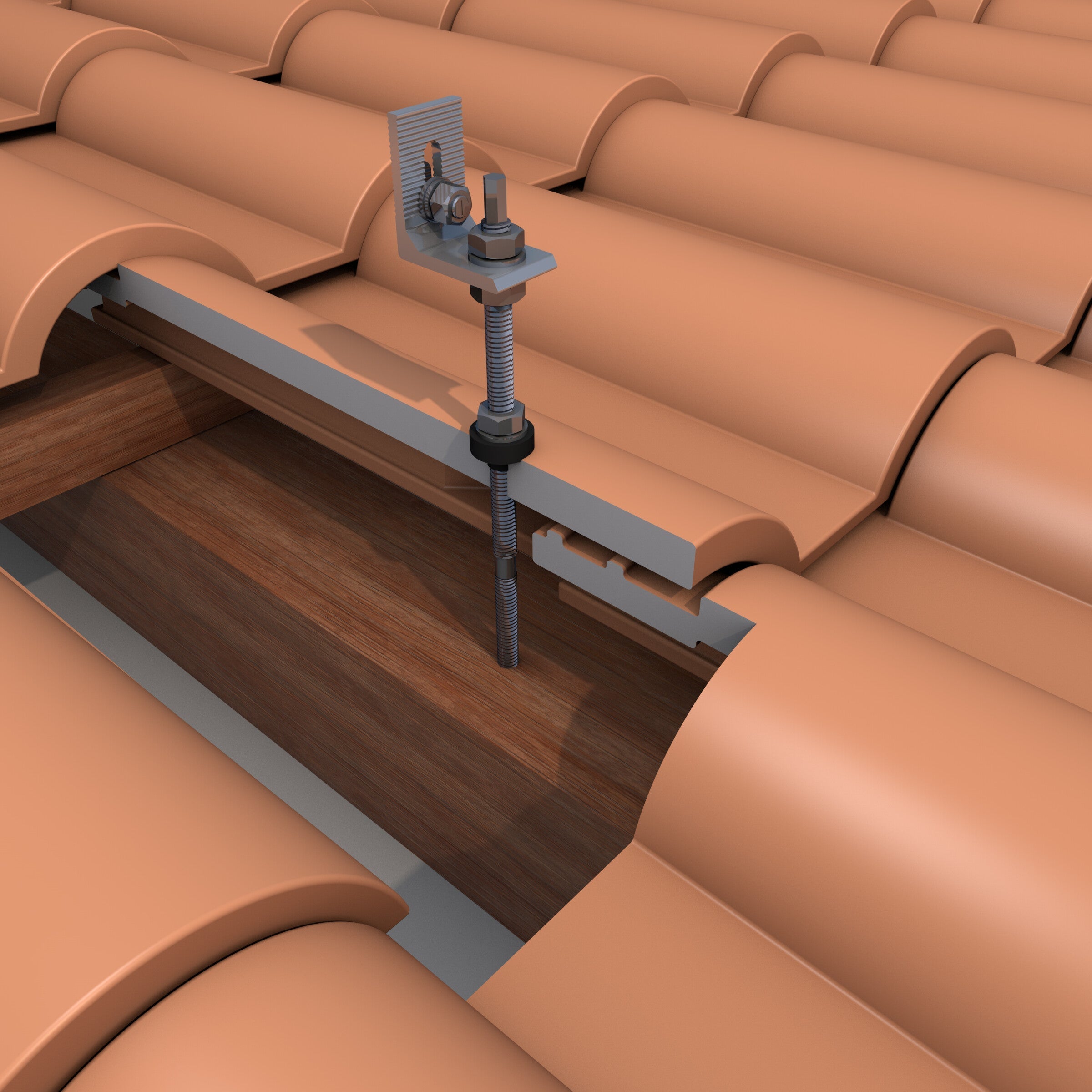
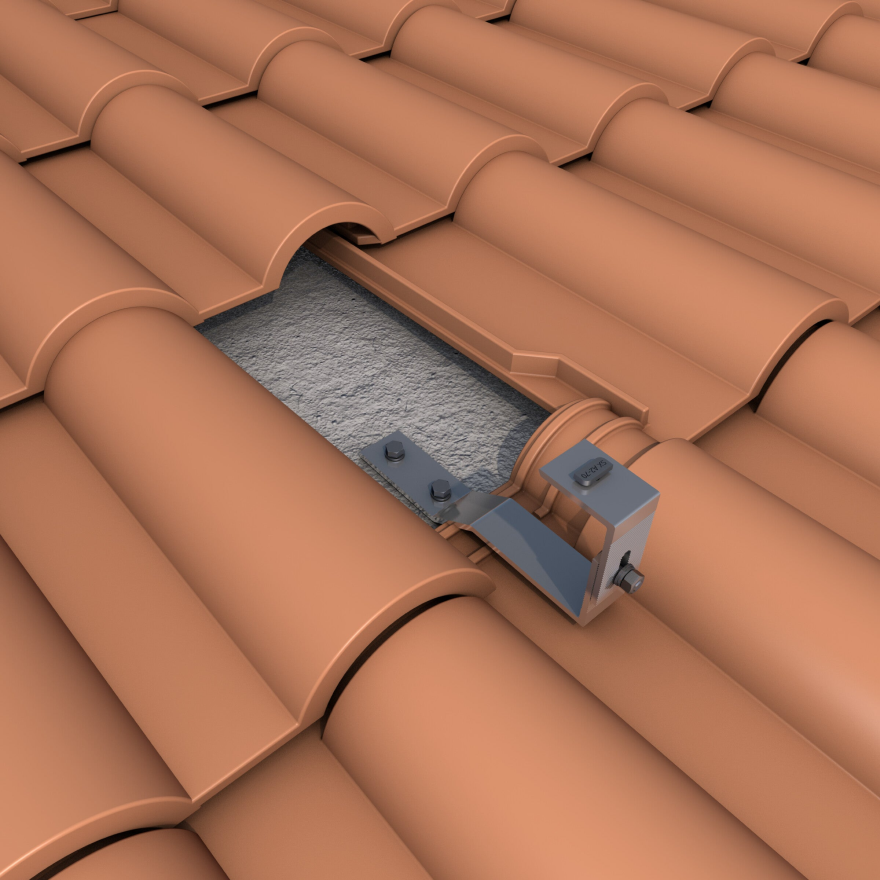
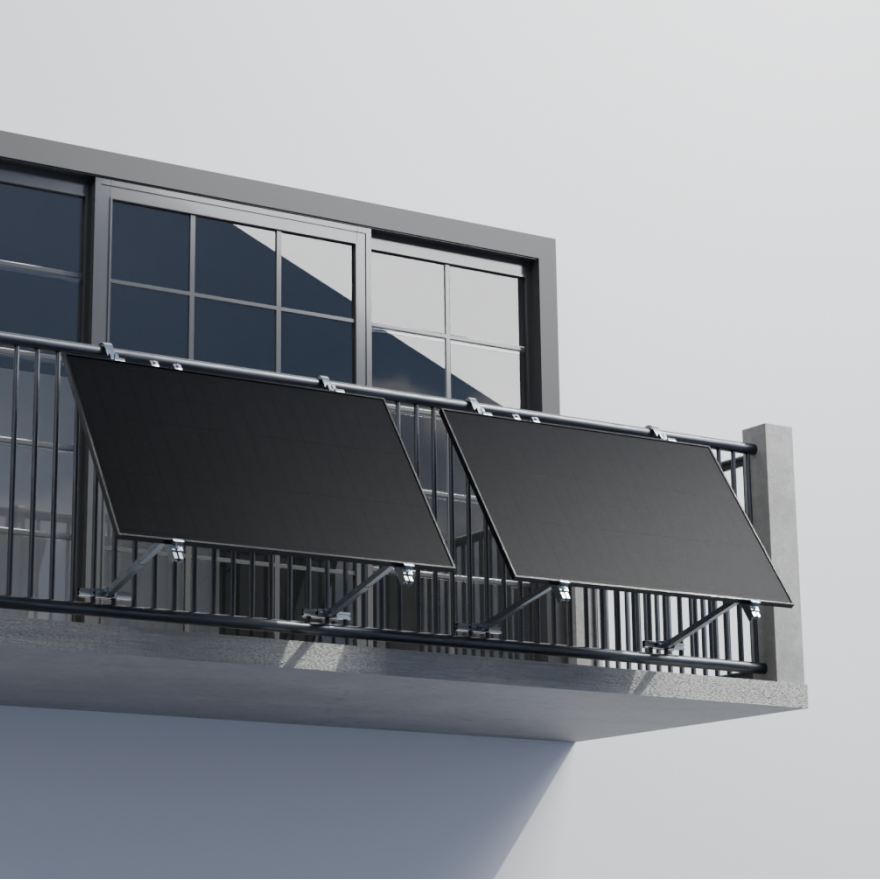
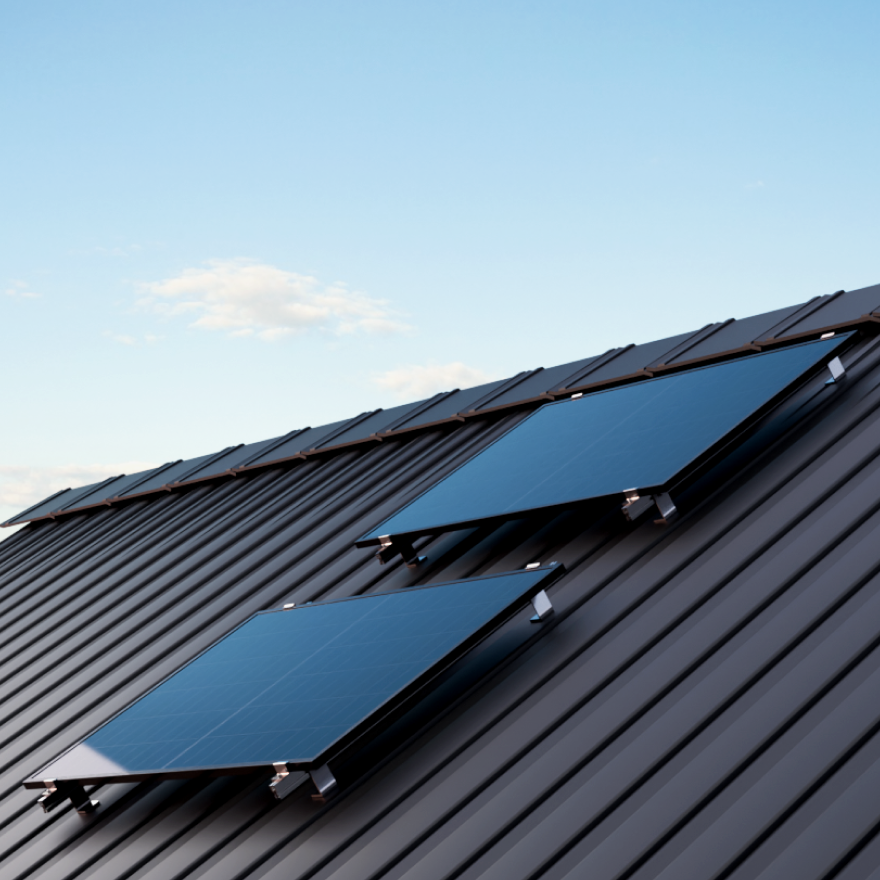
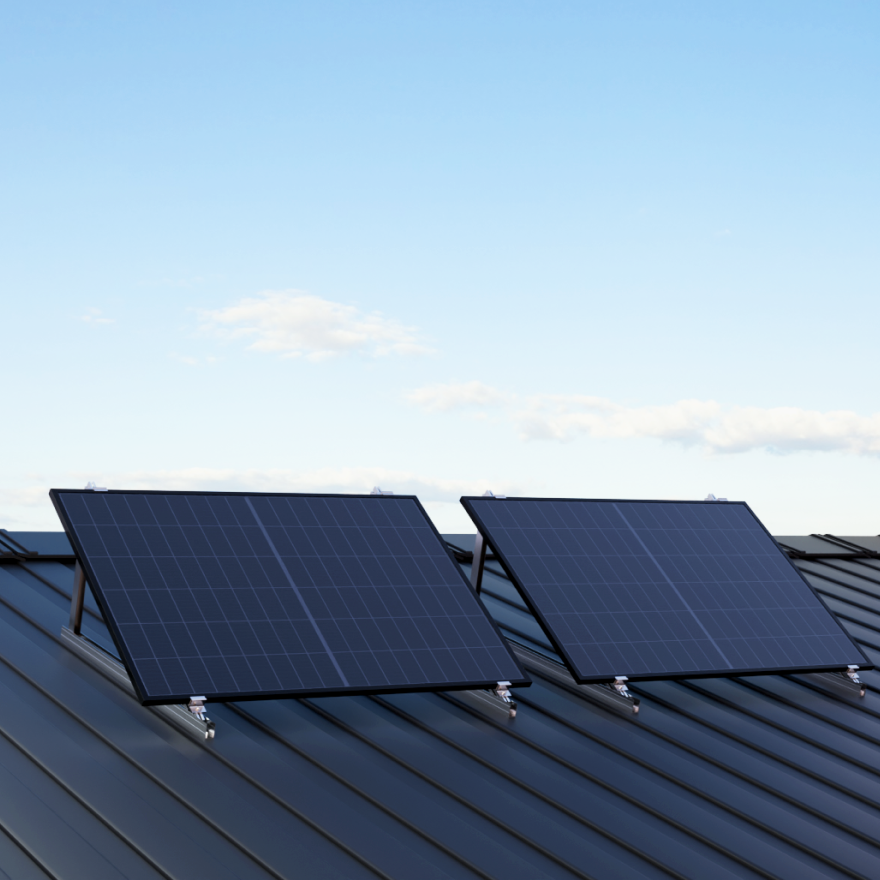
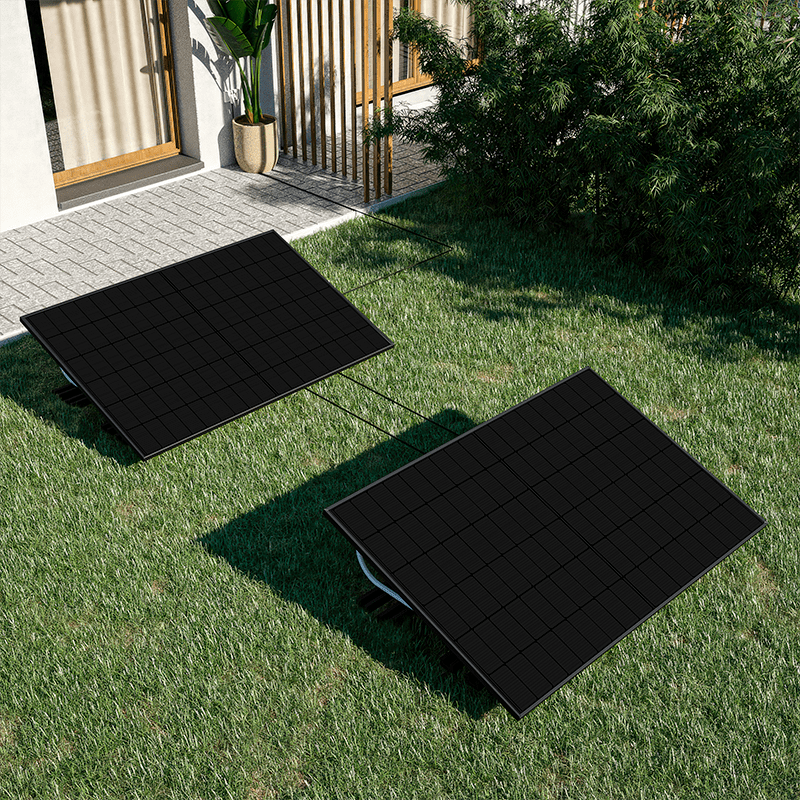
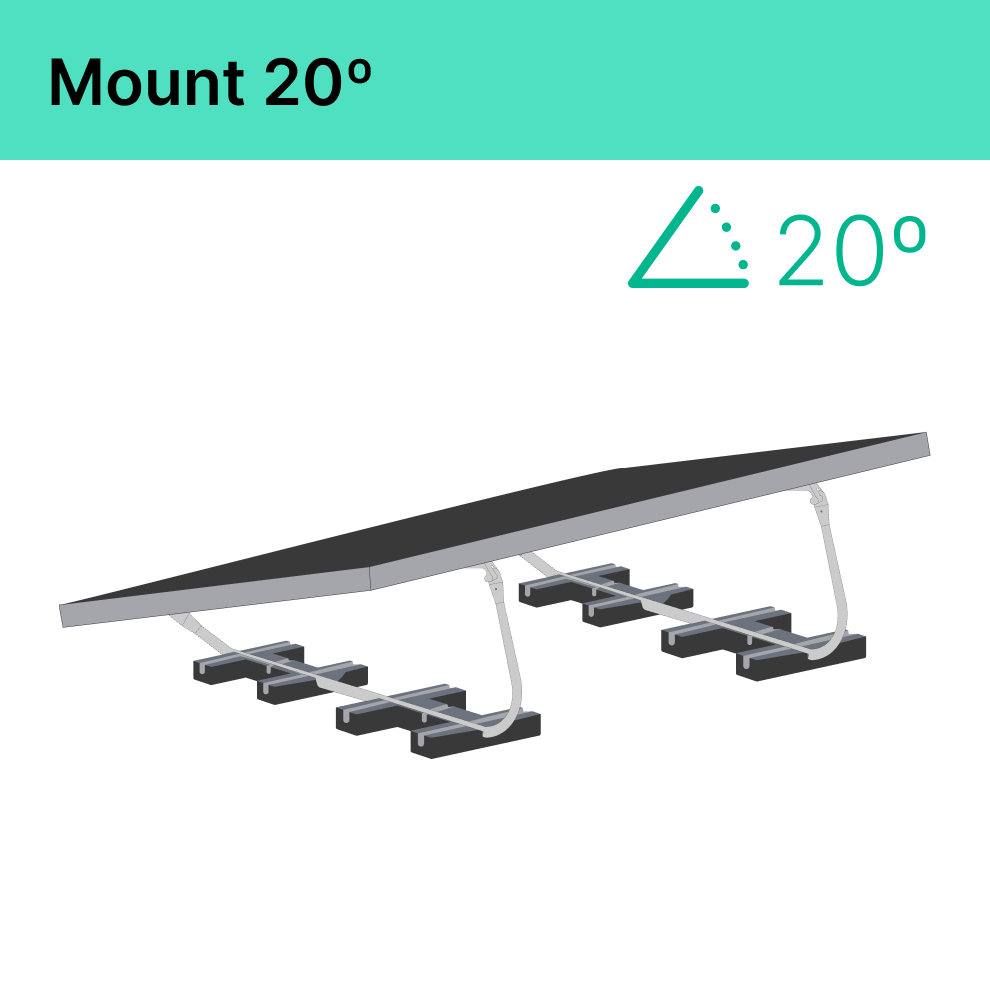
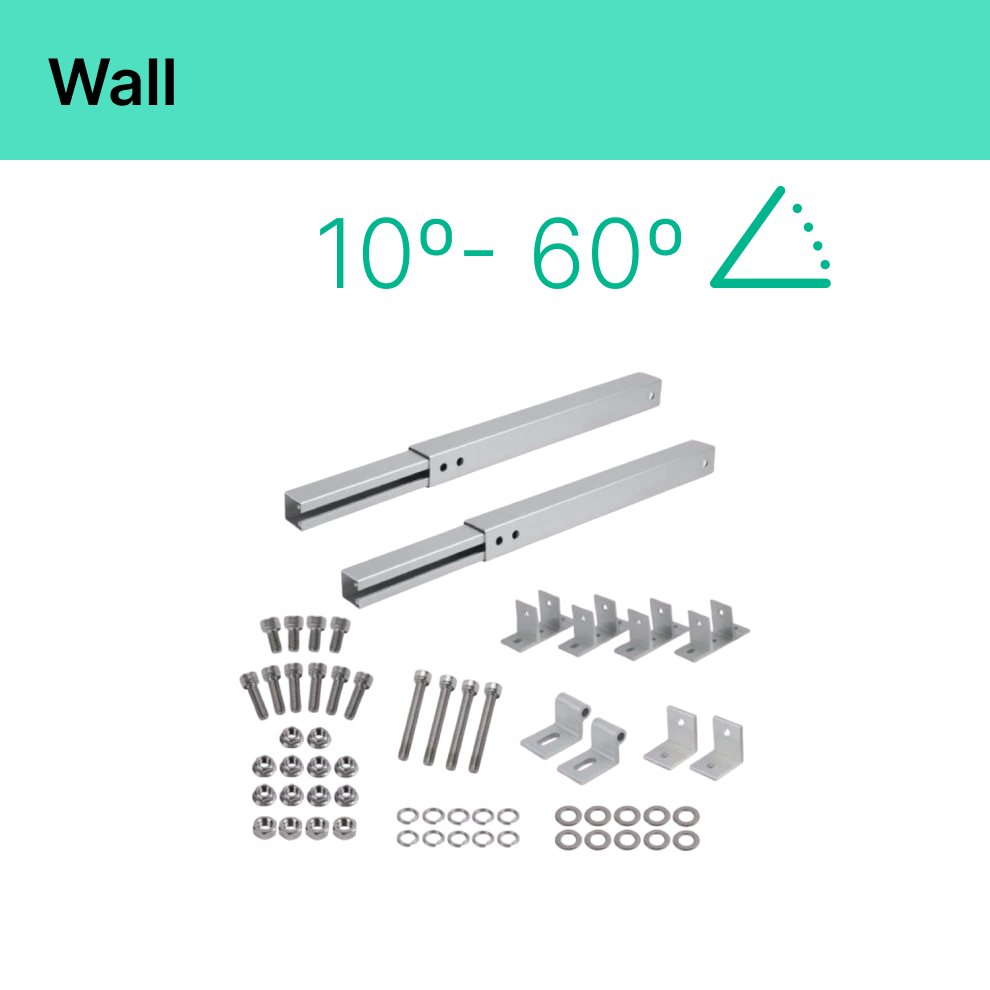
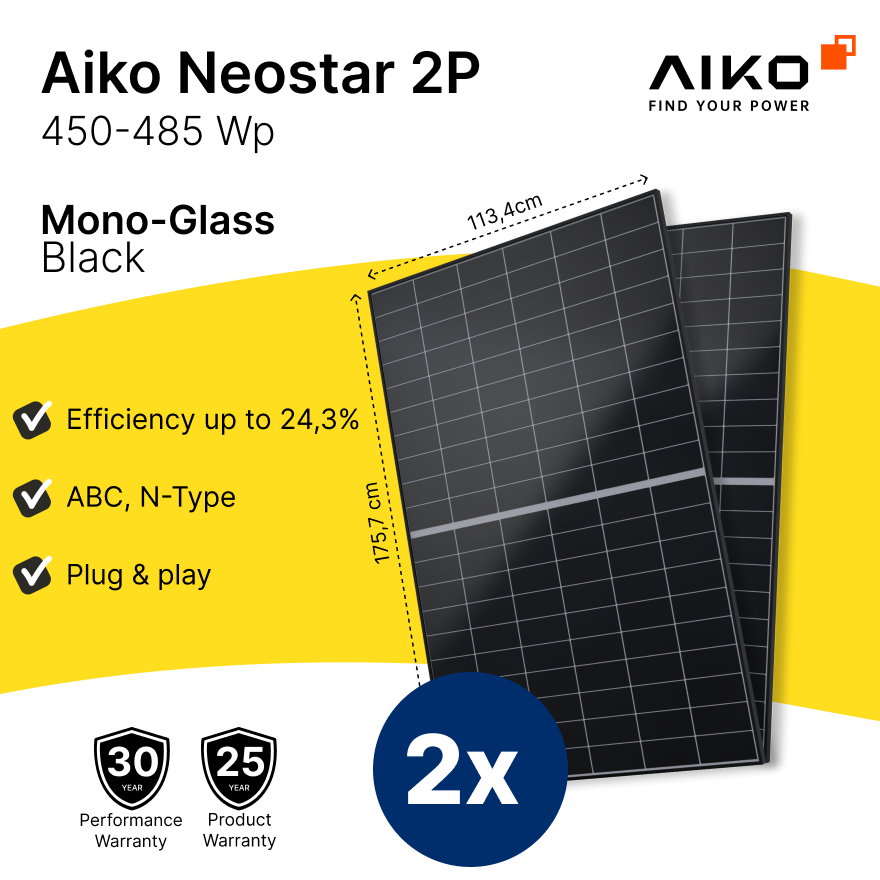
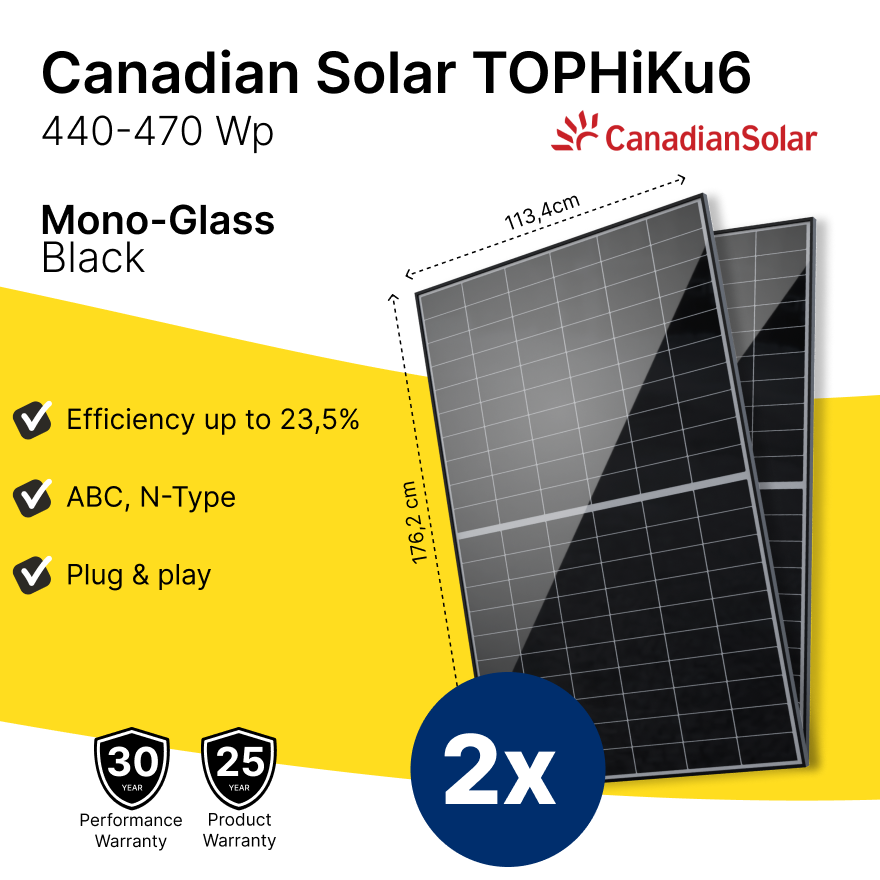
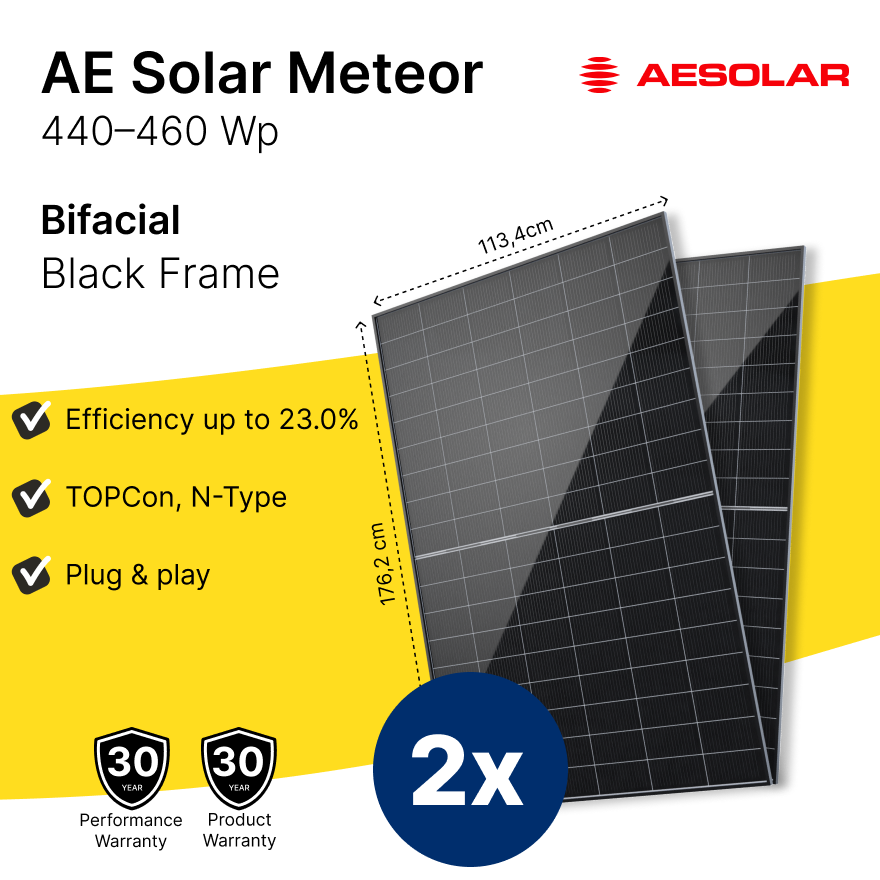
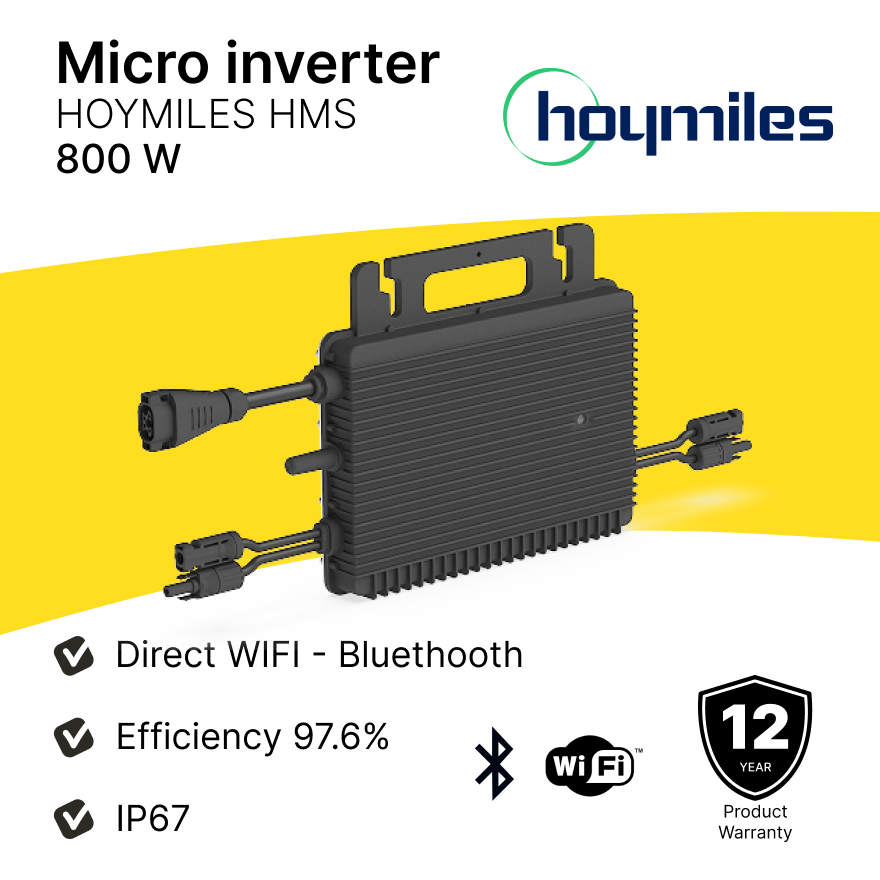
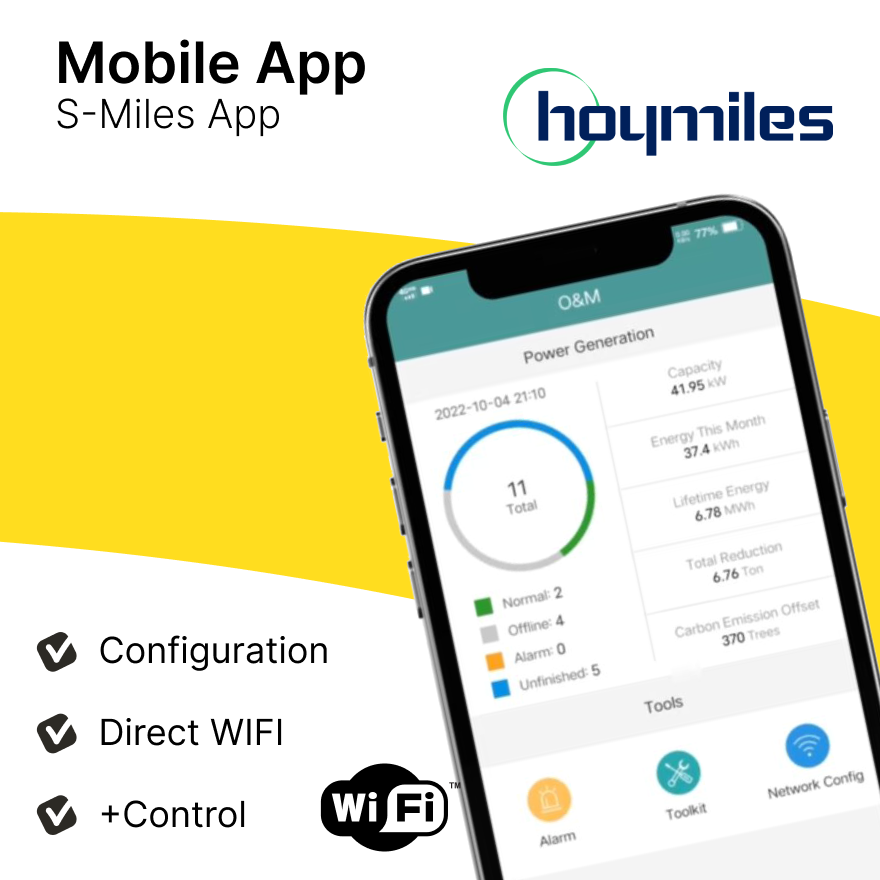

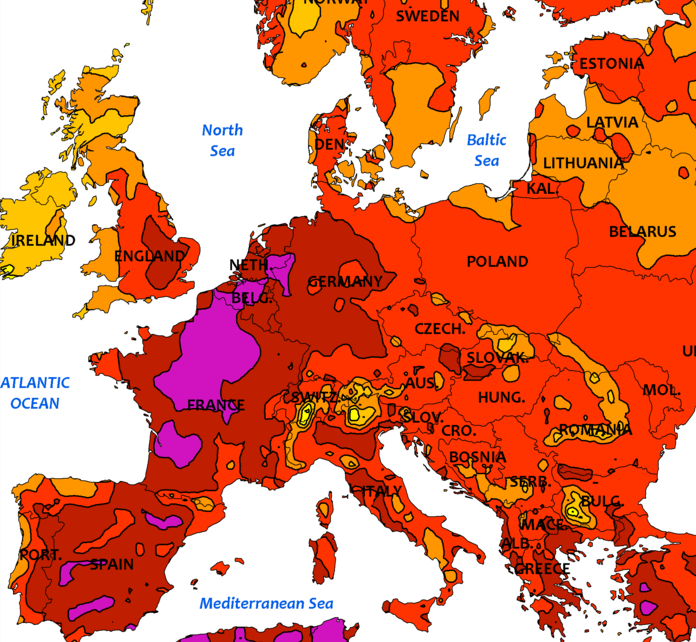
Hinterlasse einen Kommentar
Diese Website ist durch hCaptcha geschützt und es gelten die allgemeinen Geschäftsbedingungen und Datenschutzbestimmungen von hCaptcha.